In the world of modern gaming, where hours of engaging play, carefully designed character development, and hard-won accomplishments are resident on your computer, backing up and restoring game progress has never been more vital. Think of losing a vital save file seconds before a pivotal boss fight or suddenly needing to reinstall a game and fearing losing all those earned milestones. This tutorial discusses the significance of saving your progress, the subtleties of backing up gaming data, and step-by-step, practical ways to recover your PC games with ease.
A Brief Guide to Construction Jobs

Backing up game progress is not just a safety measure; it is a necessary aspect of responsible gaming. Unlike consoles, with their widespread adoption of cloud saving, PC gamers are often confronted with a heterogeneous game world with varied save locations and backup strategies. Such save files can contain player data, mission accomplishment, unlocked achievements, customized settings, and even entire player inventories in some instances. The loss of such information can entail respawning from scratch, which can detract from the enjoyment and subjective investment in the game.
One of the first things to learn is where your game stores its saves. Unlike consoles with one location, PC games store their saves in several places depending on the publisher, platform, and configuration. For example, most games released through Steam have saves stored in the Steam Cloud or in ‘Documents’ on Windows, precisely in folders related to the game or developer’s name. Other games may save data within the game install directory or in directories like AppData. In these locations, an in-depth search has to be conducted to guarantee effective backup.
Cloud-saving facilities are an excellent modern way of minimizing risk. Cloud sync services offered by Steam, Epic Games Store, or GOG Galaxy are excellent examples. This ensures that any save data you have is automatically backed up on cloud servers and will be easily loaded in with other machines. However, it is important to verify this feature is enabled because it is by default off or is not supported by some games. Enabling cloud saves provides an added layer of security without much user intervention.
Still, solely trusting cloud saves is not to be counted on. Internet connection loss, data synchronization corruption, or issues with platforms can result in loss or overwrite of save files. Thus, it’s best to make manual backups, especially prior to any major change like updating a game or installing mods or upgrading a system. In order to backup your saves manually, you copy the complete save file folder to safe place an external hard disk or dedicated cloud storage options available like a One Drive or Google Drive. This way, you have your own repository immune to the ecosystem of the game platform.
Restoring game saves from backup is equally simple if forward-thinking. The primary rule is to overwrite the lost or corrupted save files with your saved copies in the respective directory. This requires determining the exact save file location, which sometimes may prove difficult for some games with encrypted or compressed save structures. Referencing game manuals, forums, or support websites helps to figure out how to restore saves without compromising the data.
Besides, some games also natively have export and import save capabilities. Such functionality in the game simplifies backup and restore of progress by putting all the necessary files in one unit that can be shared or saved outside. Leveraging these capabilities minimizes the risk of losing critical files or lost during restore.
For serious players who also enjoy modding or tweaking games, having good backup protocols becomes increasingly vital. Mods may clash with save files and cause incompatibilities or crashes. Saving both game and save files before adding or removing mods will make recovery from any adverse effects a snap. Automated backup programs or scripting can be used, taking regular snapshots of your game data to cut down on labor involved.


Guess you like
-

Midsize Pickup Trucks That Deliver Real Towing Muscle
-

What to Know Before Letting ChatGPT Write Your Cover Letter
-
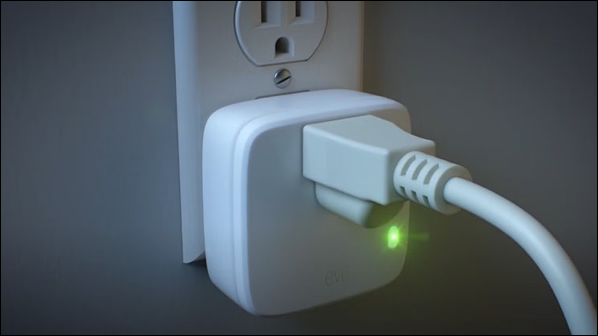
Can a Smart Plug Really Transform My Life?
-
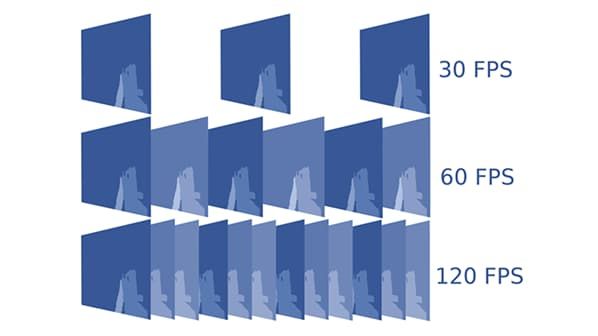
How to Truly Track Frame Rates in Games
-

Why Blind Faith in AI is a Dangerous Game
-
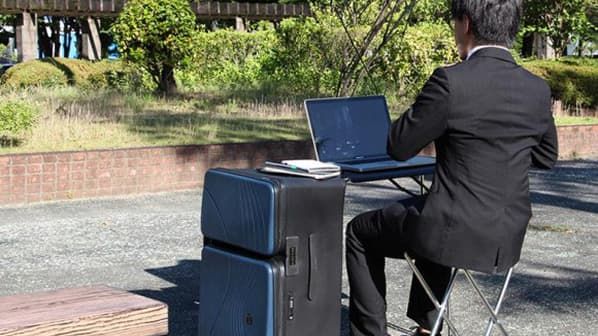
Rolling Worlds in a Carry-On: Building a Portable Gaming Kit for Real Travel
Trending
-
 1
1The Second-Hand PC Revolution: Why New Hardware Has Become Unaffordable
-
 2
2How Meta AI Revolutionizes Social Interaction Across Billions
-
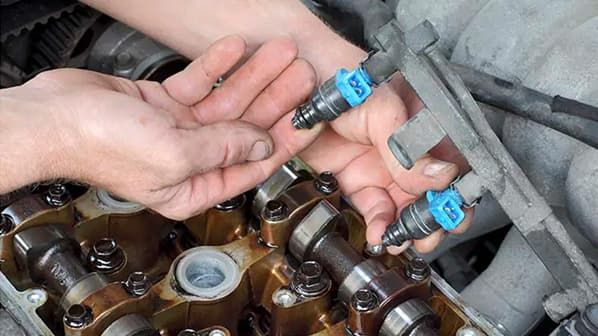 3
3Why Engines Misfire: A Clear Guide to Cylinder Problems and Practical Fixes
-
 4
4The Definitive Guide to Apple Intelligence Revolution
-
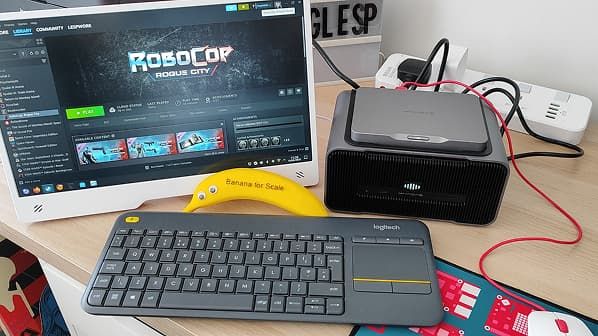 5
5From Gaming Handhelds to Data Centers: How Meta Reworked Linux CPU Scheduling
-
 6
6A Clear Guide to Redeeming a Roblox Gift Card Safely


